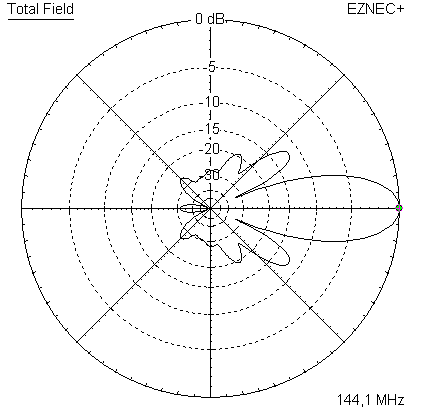
DBi and dBd is generally believed that the same gain, the value represented by dBi dBd than. A reference to dBi omni-directional antenna dBd reference point for the dipole. DBi and dBd is the power gain of the unit, both of which are relative values, but the reference point is not the same. What is the dBi, dBd, dB, dBm, dBc difference between.
The polarization gain is a ratio of radiatting between a max and min radiation. BUT for the polarization gain, it's dB because you can't talk about dBi nor dBd because you don't need a reference. A 2.4 GHz half-wave dipole antenna has a dBi value. The half-wave dipole antenna is a small, typically rubber-encased, general-purpose omnidirectional antenna. A common antenna used on access points is the half-wave dipole antenna. The gain of an isotropic antenna is then 0dBi in all.Click to expand.It is confusing, and many of the flock are totally confused.Decibels dipole (dBd) is the comparison of gain or increase in power of antenna when compared to an dipole antenna.

Dbi Vs Dbd Gain Full Of BS
It seems to mean different things to different people. The dBi is actually the most widely used reference in engineering circles.The problem with dBd is hinted at by W8JIs post. It actually has LOSS over a half wave vertical.Now if you move it down over a good infinite groundplane a 5/8th wave antenna can have a fraction of a dB gain over a dipole.If someone tells you they have a 5/8th wave antenna with 4.5dB gain over a dipole they are full of BS because the dipole actually would have more gain than the 5/8th wave in nearly all cases.Click to expand.I'll have to disagree with this statement.
Dbi Vs Dbd Gain Free Space Is
However, if the gain is relative to some real life measurement reference, the measurement may be easier to make, but the results depend on the details of the test and the carefulness of the tester. A nice thing about using a reference that assumes free space is that it is pretty easy to convert between other references. Yes I know that the definition I used for dBd will not result in the actual difference in signal strength you would observe with a replacement of the antenna under test with a real life dipole.The best way to avoid this ambiguity is to state the details of the measurements or analyses setup along with the claimed gain. Some hams and others feel that both have to be in the same environment. The antenna that you are measuring/analyzing can be in an environment that is other than free space but you don't have to compare it to a dipole in the same environment.


 0 kommentar(er)
0 kommentar(er)
